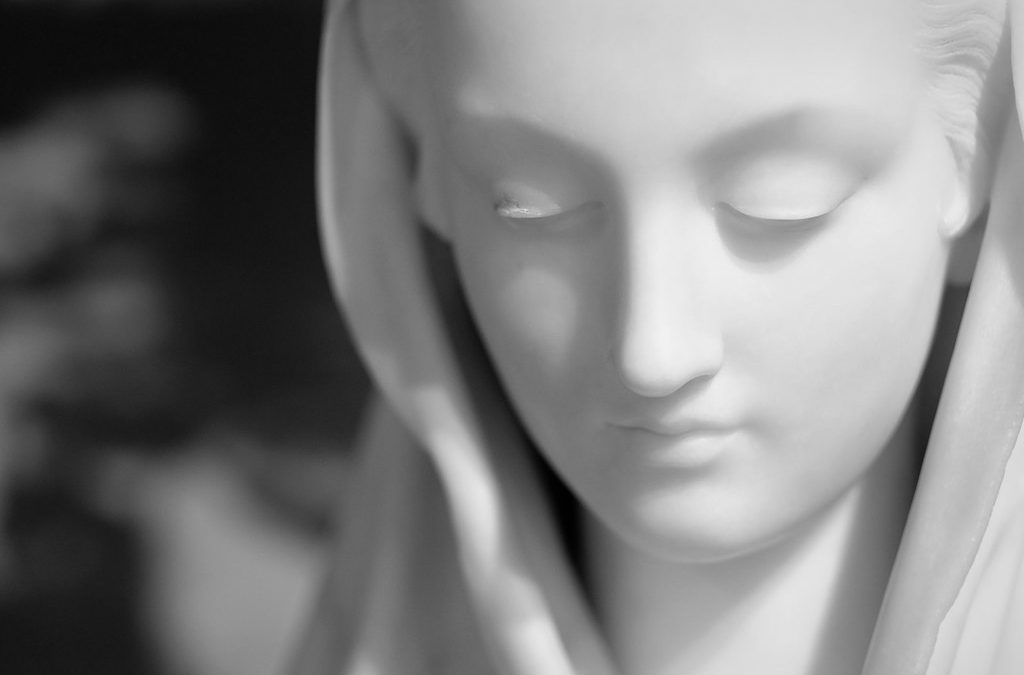Imagine that you are free from the game, imagine that you no longer need to impress anyone nor yourself. Imagine, that you do not want to be bigger or more successful, more loved or more respected. Imagine that you are no longer attracted to the mesmerizing ego, that you have already been freed from the spell.
Such freedom is not the result of the accumulation of rights or knowledge, such freedom is the result of the “ego deprivation”, the result of the awakening of sincere humility. Humility holds a great spiritual secret. Whoever discovers it will never be bound to the ego again. Humility neutralizes the effects of the ego and is the essential ingredient that makes meditation mysteriously silent and prayer, a love that opens the gates of heaven.
The secret of humility is not to imagine how big you are, but rather to remember how small and simple you are. Mahatma Gandhi, when he was already a successful lawyer and Indian leader, would travel in the crowded third class of Indian trains in order to keep himself humble.
But you don’t have to travel to India to learn humility. In Judaism, for example, they say that you have to overcome pride and lust and only then will humility appear. A beggar who lives on a street corner may not have much pride but he may still be bound to lust so he has neither humility nor serenity. An ascetic who lives without sexual desires, without enjoyable food or a comfortable bed, may one day overcome his lust but his pride as a monk will not necessarily disappear. Ramakrishna said, “The pride of ordinary people will one day disappear, but the pride of a spiritual person in regard to his holiness, that is really hard to overcome.”
True humility does not require asceticism nor spells or mantras. True humility stems from a lack of interest in all the temptations offered by the ego. True humility is a simple and innocent way of life, which understands that the ego has nothing real and valuable to offer. Such humility arises from the understanding that happiness is not to be found in money, in comfort, in satisfying passions (coarse or refined) in status, honor or glory. When this understanding reaches the center of our being, when it really penetrates the bones, the ego has nothing more to offer and the spirit in man is no longer enslaved by the pitiful games of the ego.
Such humility truly leads to serenity. No longer attracted to past or future, our attention is turns naturally, without effort, to this very moment, to the here and now. Such humility makes us look perfectly simple: a calm face, a natural directness, innocence and intelligence. We’ll no longer be playing the game of masks and pretense that is the center of our live.
Moses was chosen to lead the Jewish people, to be a prophet and a role model, to establish a religion would influence the fate of all mankind. Why exactly was he elected to this position? He was not necessarily the best politician or speaker – maybe someone was more intelligent or stronger than him. But Moses was chosen to fulfill this immense role, simply because he was the humblest. Moses did not play the ego game and so there was an empty space within him. Through this quiet inner space he became a channel of the Godly Will, without interfering and without distorting the message from the Supreme.
At first glance, we may get the impression that humility creates a passive state and lack of motivation. In fact, humility is neither active nor passive, but it makes it very easy to act, because there is no longer someone within us who will oppose action. Humble people face all the challenges that life offers them without resistance. They harness their forces to succeed in what they’re doing, not in order to create for an identity themselves (through their actions), but simply because that is what needs to be done in that moment.
A humble person who needs to write and produce a film will do the job with all the resources at their disposal in order to create a successful film that will express what it is supposed to express, but not to seek fame or recognition as a filmmaker. A humble person has a deep sense of self-identity that does not need confirmation from the environment or even confirmation from their own thoughts. If the question “who am I?” arises, they have no need to answer. They do not have an object that they can hold onto and say “I am a filmmaker” or “I am an academic”, but still they have a clear sense of existence that does not need approval.
As soon as the temptation arises to think “I need to make this film successful, I have to create a film that everyone will love”, they immediately realize that they have to choose between the deep silence of the soul and an identity as someone or something. A humble person will not sell their quiet inner state for some dry crumbs of glory.
In the same way, we can do a similar exercise and examine where we want to create an impressive image for ourselves in the eyes of ourselves and others. The very awareness of these desires already neutralizes some of their limiting influence. Then we can also contemplate the price of creating one impression or another. The cost of creating and maintaining a particular impression often includes small or big lies, unnatural behavior, impaired spontaneity and a sense of restlessness. The biggest cost is that the character we create for ourselves distances us from who we really are! Understanding the price of pride is in this case the first step towards humility. Practicing such awareness over and over again, especially in moments of truth in front of people, will make humility a habit and later a way of life.

